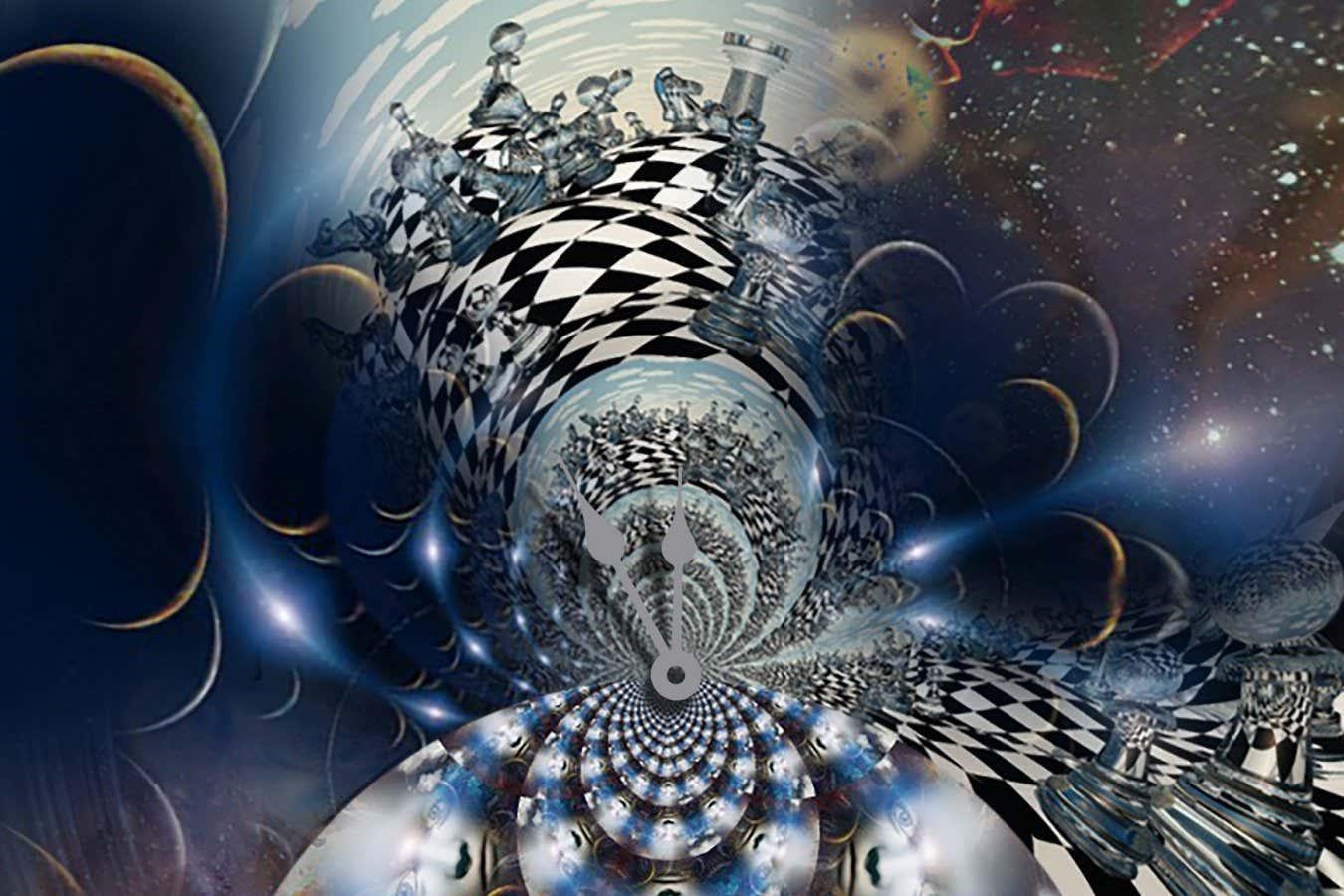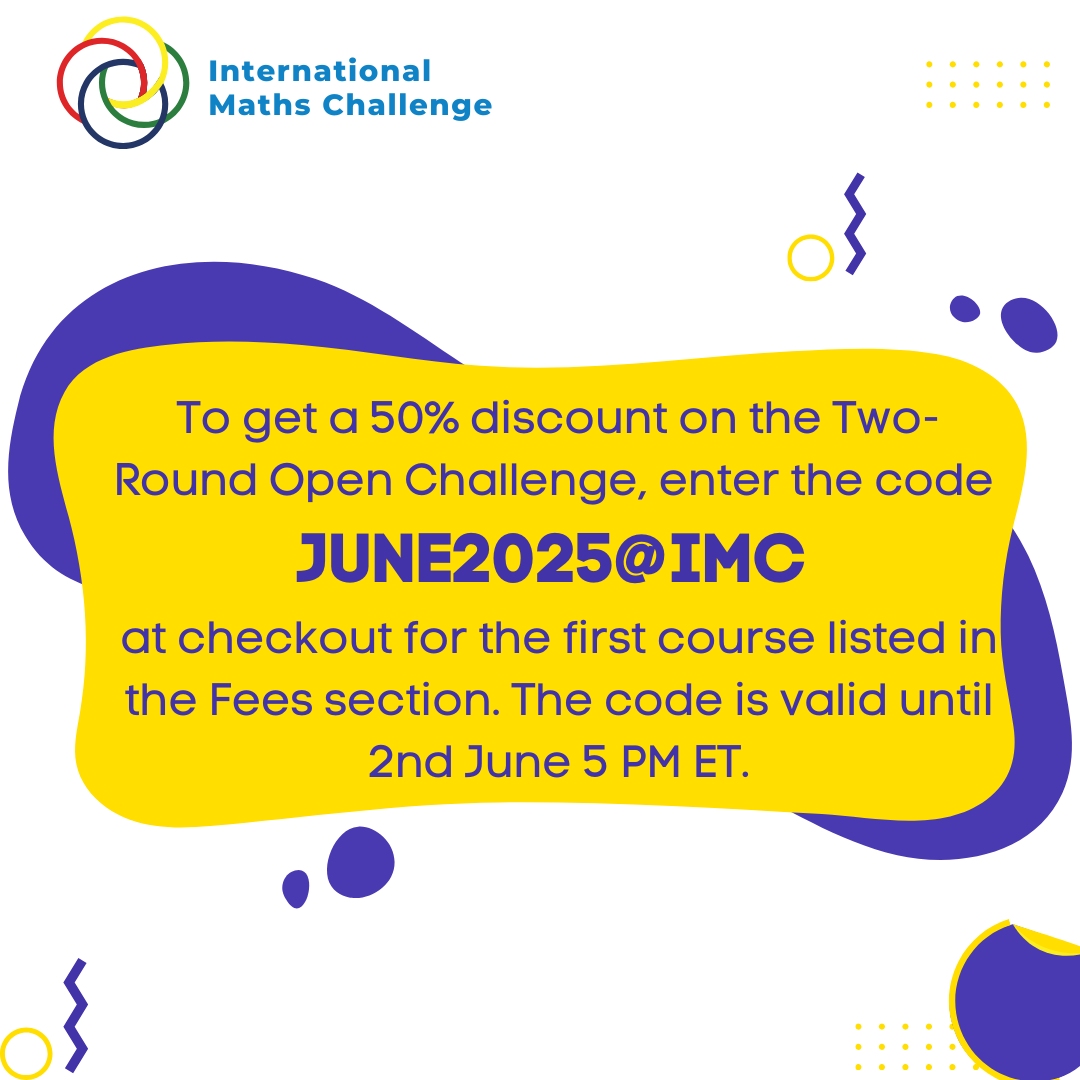Generations of scientists have compared the universe to a giant, complex game, raising questions about who is doing the playing – and what it would mean to win.
If the universe is a game, then who’s playing it?
The following is an extract from our Lost in Space-Time newsletter. Each month, we hand over the keyboard to a physicist or mathematician to tell you about fascinating ideas from their corner of the universe. You can sign up for Lost in Space-Time for free here.
Is the universe a game? Famed physicist Richard Feynman certainly thought so: “‘The world’ is something like a great chess game being played by the gods, and we are observers of the game.” As we observe, it is our task as scientists to try to work out the rules of the game.
The 17th-century mathematician Gottfried Wilhelm Leibniz also looked on the universe as a game and even funded the foundation of an academy in Berlin dedicated to the study of games: “I strongly approve of the study of games of reason not for their own sake but because they help us to perfect the art of thinking.”
Our species loves playing games, not just as kids but into adulthood. It is believed to have been an important part of evolutionary development – so much so that the cultural theorist Johan Huizinga proposed we should be called Homo ludens, the playing species, rather than Homo sapiens. Some have suggested that once we realised that the universe is controlled by rules, we started developing games as a way to experiment with the consequences of these rules.
Take, for example, one of the very first board games that we created. The Royal Game of Ur dates back to around 2500 BC and was found in the Sumerian city of Ur, part of Mesopotamia. Tetrahedral-shaped dice are used to race five pieces belonging to each player down a shared sequence of 12 squares. One interpretation of the game is that the 12 squares represent the 12 constellations of the zodiac that form a fixed background to the night sky and the five pieces correspond to the five visible planets that the ancients observed moving through the night sky.
But does the universe itself qualify as a game? Defining what actually constitutes a game has been a subject of heated debate. Logician Ludwig Wittgenstein believed that words could not be pinned down by a dictionary definition and only gained their meaning through the way they were used, in a process he called the “language game”. An example of a word that he believed only got its meaning through use rather than definition was “game”. Every time you try to define the word “game”, you wind up including some things that aren’t games and excluding others you meant to include.
Other philosophers have been less defeatist and have tried to identify the qualities that define a game. Everyone, including Wittgenstein, agrees that one common facet of all games is that they are defined by rules. These rules control what you can or can’t do in the game. It is for this reason that as soon as we understood that the universe is controlled by rules that bound its evolution, the idea of the universe as a game took hold.
In his book Man, Play and Games, theorist Roger Caillois proposed five other key traits that define a game: uncertainty, unproductiveness, separateness, imagination and freedom. So how does the universe match up to these other characteristics?
The role of uncertainty is interesting. We enter a game because there is a chance either side will win – if we know in advance how the game will end, it loses all its power. That is why ensuring ongoing uncertainty for as long as possible is a key component in game design.
Polymath Pierre-Simon Laplace famously declared that Isaac Newton’s identification of the laws of motion had removed all uncertainty from the game of the universe: “We may regard the present state of the universe as the effect of its past and the cause of its future. An intellect which at a certain moment would know all forces that set nature in motion, and all positions of all items of which nature is composed, if this intellect were also vast enough to submit these data to analysis, it would embrace in a single formula the movements of the greatest bodies of the universe and those of the tiniest atom; for such an intellect nothing would be uncertain and the future just like the past could be present before its eyes.”
Solved games suffer the same fate. Connect 4 is a solved game in the sense that we now know an algorithm that will always guarantee the first player a win. With perfect play, there is no uncertainty. That is why games of pure strategy sometimes suffer – if one player is much better than their opponent then there is little uncertainty in the outcome. Donald Trump against Garry Kasparov in a game of chess will not be an interesting game.
The revelations of the 20th century, however, have reintroduced the idea of uncertainty back into the rules of the universe. Quantum physics asserts that the outcome of an experiment is not predetermined by its current state. The pieces in the game might head in multiple different directions according to the collapse of the wave function. Despite what Albert Einstein believed, it appears that God is playing a game with dice.
Even if the game were deterministic, the mathematics of chaos theory also implies that players and observers will not be able to know the present state of the game in complete detail and small differences in the current state can result in very different outcomes.
That a game should be unproductive is an interesting quality. If we play a game for money or to teach us something, Caillois believed that the game had become work: a game is “an occasion of pure waste: waste of time, energy, ingenuity, skill”. Unfortunately, unless you believe in some higher power, all evidence points to the ultimate purposelessness of the universe. The universe is not there for a reason. It just is.
The other three qualities that Caillois outlines perhaps apply less to the universe but describe a game as something distinct from the universe, though running parallel to it. A game is separate – it operates outside normal time and space. A game has its own demarcated space in which it is played within a set time limit. It has its own beginning and its own end. A game is a timeout from our universe. It is an escape to a parallel universe.
The fact that a game should have an end is also interesting. There is the concept of an infinite game that philosopher James P. Carse introduced in his book Finite and Infinite Games. You don’t aim to win an infinite game. Winning terminates the game and therefore makes it finite. Instead, the player of the infinite game is tasked with perpetuating the game – making sure it never finishes. Carse concludes his book with the rather cryptic statement, “There is but one infinite game.” One realises that he is referring to the fact that we are all players in the infinite game that is playing out around us, the infinite game that is the universe. Although current physics does posit a final move: the heat death of the universe means that this universe might have an endgame that we can do nothing to avoid.
Caillois’s quality of imagination refers to the idea that games are make-believe. A game consists of creating a second reality that runs in parallel with real life. It is a fictional universe that the players voluntarily summon up independent of the stern reality of the physical universe we are part of.
Finally, Caillois believes that a game demands freedom. Anyone who is forced to play a game is working rather than playing. A game, therefore, connects with another important aspect of human consciousness: our free will.
This raises a question: if the universe is a game, who is it that is playing and what will it mean to win? Are we just pawns in this game rather than players? Some have speculated that our universe is actually a huge simulation. Someone has programmed the rules, input some starting data and has let the simulation run. This is why John Conway’s Game of Life feels closest to the sort of game that the universe might be. In Conway’s game, pixels on an infinite grid are born, live and die according to their environment and the rules of the game. Conway’s success was in creating a set of rules that gave rise to such interesting complexity.
If the universe is a game, then it feels like we too lucked out to find ourselves part of a game that has the perfect balance of simplicity and complexity, chance and strategy, drama and jeopardy to make it interesting. Even when we discover the rules of the game, it promises to be a fascinating match right up to the moment it reaches its endgame.
For more such insights, log into www.international-maths-challenge.com.
*Credit for article given to Marcus Du Sautoy*


